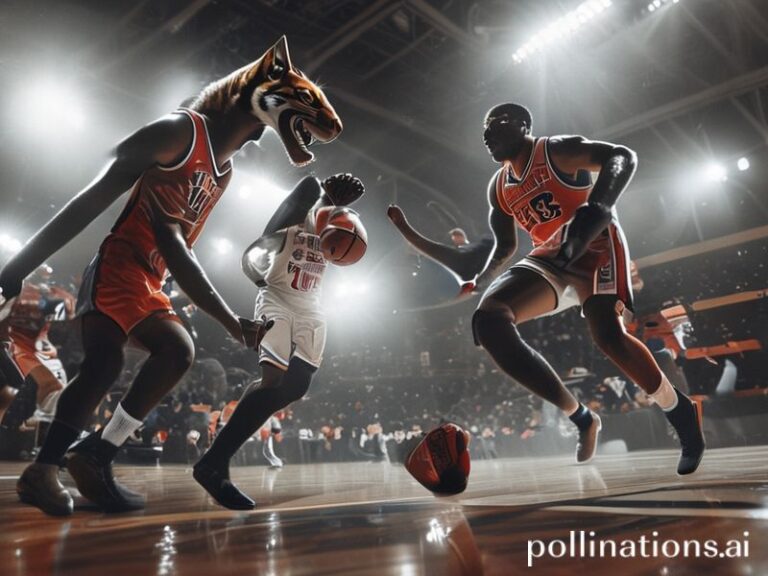Kieran McKenna: How Football’s Accidental Messiah Became the Beautiful Game’s Latest False Prophet
**The Accidental Messiah: How Kieran McKenna Became Football’s Latest False Prophet**
In the grand theater of professional football, where managers are hired to be fired and hope is peddled by the kilo, Kieran McKenna’s rise from Manchester United’s tactical analyst to Ipswich Town’s promotion messiah represents perhaps the most perfectly absurd narrative of our times. The Northern Irishman has become the latest beneficiary of football’s collective amnesia, where yesterday’s coaching carousel becomes today’s salvation story.
The international significance of McKenna’s success extends far beyond the quaint confines of East Anglia. In an era where European football has become the exclusive playground of nation-states and petrochemical conglomerates, Ipswich’s back-to-back promotions under McKenna’s guidance reads like a fairy tale written by someone who’s clearly never read the financial pages. It’s the sporting equivalent of a mom-and-pop shop competing with Amazon—charming, quaint, and ultimately doomed.
What makes McKenna particularly fascinating to the global audience is how perfectly he embodies modern football’s contradictions. Here stands a 38-year-old who never played professional football, now commanding millions in compensation and wielding more influence over East Anglian morale than the region’s entire mental health budget. His tactical philosophy—an intoxicating blend of high-pressing and possession-based football—has been described by breathless pundits as “revolutionary,” which is football-speak for “it works until it doesn’t.”
The worldwide implications are deliciously ironic. While Chelsea hemorrhages hundreds of millions on players who couldn’t find consistency with a GPS tracker, McKenna has built promotion-winning teams with the footballing equivalent of pocket change. His success has triggered a gold rush among Championship clubs now scouring coaching seminars and analytics departments for the next McKenna, operating under the charming delusion that tactical acumen can be photocopied like last quarter’s balance sheet.
From Brazil to Bahrain, football’s power brokers are watching this Ipswich fairy tale unfold with the sort of attention typically reserved for cryptocurrency fluctuations. The game’s global economy—where Premier League television rights fetch sums that could vaccinate small nations—has created a peculiar marketplace where McKenna’s reputation now trades at Bitcoin-level volatility. One bad season and he’ll be yesterday’s tactical genius, filed alongside the graveyard of football’s previous false prophets.
The broader significance lies in what McKenna represents: the democratization of football knowledge in an age of sporting inequality. His rise suggests that perhaps, just perhaps, intelligence and organization might occasionally triumph over raw financial muscle. It’s a beautiful lie we tell ourselves, like believing democracy functions or that meritocracy exists anywhere outside of motivational posters.
Yet there’s something poignantly human about the McKenna phenomenon. In a world spiraling through climate crises, political instability, and the slow death of the high street, football’s latest golden boy offers temporary respite from reality’s unpleasant aftertaste. He is, for the moment, proof that the underdog can still have its day, that careful planning can overcome reckless spending, that there’s still room for romance in an industry increasingly dominated by spreadsheets and sovereign wealth funds.
Of course, this being football, the clock is already ticking on McKenna’s Ipswich adventure. The Premier League’s gravity well awaits, where tactical geniuses discover that genius is often just good timing wrapped in favorable circumstances. But for now, in pubs from Portman Road to pubs showing Premier League matches in Jakarta, McKenna represents something increasingly rare in global sport: the possibility that intelligence might still matter more than infinite resources.
The beautiful game, it seems, still has room for beautiful delusions.







